A Mental Health Awareness Month Like No Other
By Alexa James
May 6, 2020
During a recent break from helping handle the tidal wave of calls coming to our helpline, I thought about how much life has changed since Mental Health Awareness Month last year.
In 2019, we were coming off an incredible fundraising gala where I stood in a beautiful venue and honored amazing heroes. The newly elected mayor of Chicago, Lori Lightfoot, brought her trademark humor and energy. The room was bustling with hundreds of people — shoulder to shoulder, laughing, hugging. I shared wine and danced with friends. I shook hands and embraced hundreds. It was a celebration of community and of a shared purpose.
That world feels so far away. Social gatherings are joyful because humans are social beings and need connectedness, to see and touch and hear. How cruel that this pathogen has poisoned those basic interactions. Groups now bring fear, not comfort.
The idea of someone standing too close to my children, the thought of shaking someone’s hand or sharing space churns a fear I feel in my belly. The idea of connecting physically with friends, family and colleagues has been transformed from fulfilling and affirming to something scary, taboo and potentially life-threatening. This transition is painful and full of grief. It is destabilizing.
But this is larger than just not being able to touch a friend or colleague. This is about living in a place where fear herds us around and pens us into the lonely corners of our minds.
Fear and uncertainty do not play well with our mental health. Many may be experiencing anxiety and depression for the first time. This pandemic is a trauma. An overwhelming sense of powerlessness many of us haven’t experienced.
There is no silver lining to tragedy, trauma and pandemic, but there are moments where that pit in my stomach becomes a flutter of hope. When I see communities separated by space coming together virtually, I see how we can survive this. This pandemic has given us a shared experience and a shared purpose, not only at NAMI Chicago but in social service organizations all over the world, in my neighborhood, and I hope in yours as well. We have traded a ballroom of hundreds for a community of millions. There is suffering, far too much suffering, and I know it will likely get worse before it improves, but we have a new energy and renewed urgency.
As a community and as individuals, we are experiencing mental illness. This isn’t a character flaw. This is a natural response to the trauma of this pandemic.
As we recover in the next few months, our success will be dependent on how we come back together. Our shared experience creates empathy, which in turn forms connections. But we also naturally want to compare experiences, and it is in that “comparative suffering” that major divisions can develop.
If we go down the rabbit hole of silently judging — or loudly decrying — who suffered and lost more, we are missing a tremendous opportunity.
I believe we must come together to heal. With creativity, courage and compassion, this community can rise to the challenge. In this new normal, we will need innovative thinking, and we’ll need the bravery and empathy to help each other mourn our losses, experience our pain, and re-establish our community.
Alexa James, a licensed clinical social worker, is the executive director of NAMI Chicago and co-chair of the Mental & Emotional Health Committee of the City of Chicago’s COVID-19 Recovery Taskforce.


